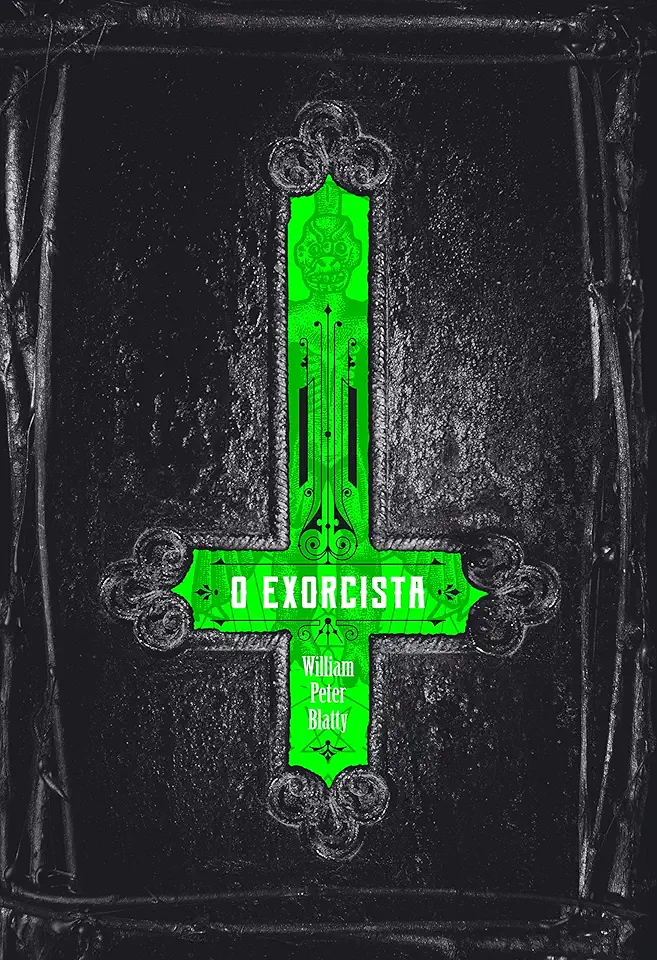
The Exorcist - William Peter Blatty
The Exorcist: A Masterpiece of Horror and Psychological Suspense
In the realm of horror literature, few books have left such an indelible mark as William Peter Blatty's "The Exorcist." This seminal work, published in 1971, has captivated readers with its chilling portrayal of demonic possession and the relentless battle between good and evil. With its masterful storytelling, psychological depth, and profound exploration of faith and human frailty, "The Exorcist" stands as a timeless classic that continues to enthrall audiences to this day.
A Haunting Tale of Possession
At the heart of "The Exorcist" lies the haunting story of Regan MacNeil, a young girl who becomes the vessel for a malevolent entity known as Pazuzu. As Regan's behavior descends into disturbing and terrifying manifestations, her mother, Chris, desperately seeks help from the Catholic Church. Enter Father Damien Karras, a troubled priest grappling with his own demons, and Father Lankester Merrin, a seasoned exorcist with a reputation for battling the forces of darkness.
A Descent into Darkness
Blatty's narrative takes readers on a harrowing journey into the depths of human suffering and the terrifying realm of the supernatural. The novel's vivid descriptions of Regan's possession are both unsettling and mesmerizing, creating an atmosphere of palpable dread that lingers long after the book is finished. Blatty's skillful use of language and imagery brings the horror to life, evoking a sense of helplessness and vulnerability in the face of unimaginable evil.
Psychological Complexity and Moral Ambiguity
Beyond its supernatural elements, "The Exorcist" delves into the complex psychological states of its characters. Father Karras's internal struggles with faith, doubt, and personal demons add a layer of emotional depth to the story. The novel raises profound questions about the nature of good and evil, the limits of human understanding, and the boundaries between science and spirituality. Blatty masterfully weaves these themes into the narrative, creating a rich tapestry of psychological complexity and moral ambiguity.
A Cultural Phenomenon and Enduring Legacy
"The Exorcist" transcended its literary origins to become a cultural phenomenon. The 1973 film adaptation, directed by William Friedkin, remains one of the most acclaimed and influential horror movies of all time. The book's impact extends beyond the horror genre, influencing popular culture, inspiring countless works of art, and sparking debates about religion, faith, and the existence of evil.
Why You Should Read "The Exorcist"
If you are a fan of horror literature, psychological thrillers, or simply great storytelling, "The Exorcist" is a must-read. Blatty's novel is a literary masterpiece that combines suspense, terror, and profound insights into the human condition. Prepare to be captivated, disturbed, and challenged as you journey into the dark and unsettling world of "The Exorcist."
Purchase Your Copy Today
Don't miss your chance to experience one of the greatest horror novels ever written. Order your copy of "The Exorcist" today and immerse yourself in a world where the boundaries between reality and the supernatural blur, where faith is tested, and where the fight against evil becomes a desperate battle for the soul.
Enjoyed the summary? Discover all the details and take your reading to the next level — [click here to view the book on Amazon!]